
This is not just an administrative directive, but a strong political message about the determination to reform institutions and proactively embrace the future.
Crypto Assets – The Form of Ownership of the Digital Age
As the world enters the era of blockchain, Web3 (a decentralized, user-controlled internet) and artificial intelligence, the concept of property is being redefined. The digital space is giving birth to a completely new form of ownership: crypto assets – lines of code that can be recorded, authenticated and traded on a decentralized platform. This is no longer a trend, but is becoming the operating platform of the global digital economy .
Crypto assets come in many different forms, but the most common are five: cryptocurrencies like Bitcoin, Ethereum – which act as digital gold or a means of cross-border payment; tokens (Tokens are digital assets created on the blockchain platform, representing a value, benefit or asset) including utility tokens – such as digital service vouchers; security tokens – representing financial ownership such as shares, bonds; tokens tied to real assets – such as real estate, gold, carbon credits; and NFT (Non-Fungible Token) – unique digital assets representing ownership of artwork, copyrights, or items in the digital space.
By mid-2025, the global crypto asset market will surpass the $2 trillion mark. Many countries such as Singapore, China, Europe, etc. are piloting the issuance of national digital currencies (CBDC), demonstrating their determination to control the flow of new value in the digital space.
Without crypto assets, the digital economy lacks a core infrastructure to establish ownership, distribute assets, and transact value in a transparent, instantaneous, and cross-border manner. If we only digitalize management without digitizing asset ownership and operations, we will still be on the fringes of a true digital economy.
Especially for Vietnam – a populous country with a growing technology platform and a dynamic startup community – being late in building institutions for crypto assets will mean missing out on a series of economic models that are changing the global order.
For example, security tokens are helping startups raise capital directly from the global community, without having to list on traditional exchanges. Singapore and Switzerland have applied sandbox mechanisms to support small businesses to access new financial resources in a transparent and legal manner. If Vietnam opens up in time, domestic startups can completely raise millions of dollars from global investors without depending on banks.
Real estate is also being digitized through tokens. In the US, UAE or Germany, individual investors can buy a part of an apartment for just a few hundred dollars thanks to technology that divides the value of the property into tokens. With the Vietnamese real estate market lacking transparency and low liquidity, tokenizing assets will expand ownership opportunities, reduce transaction costs and create a strong driving force for land digitization.
The carbon credit market – an important area in the strategy to achieve Net Zero – can also be made transparent by blockchain. Europe, China, and South Korea are all piloting the tokenization of carbon credits for transparent trading, traceability, and connection to the global market. If Vietnam does not deploy this technology, domestic carbon credit exchanges will be difficult to compete, difficult to control, and less attractive to international investors.
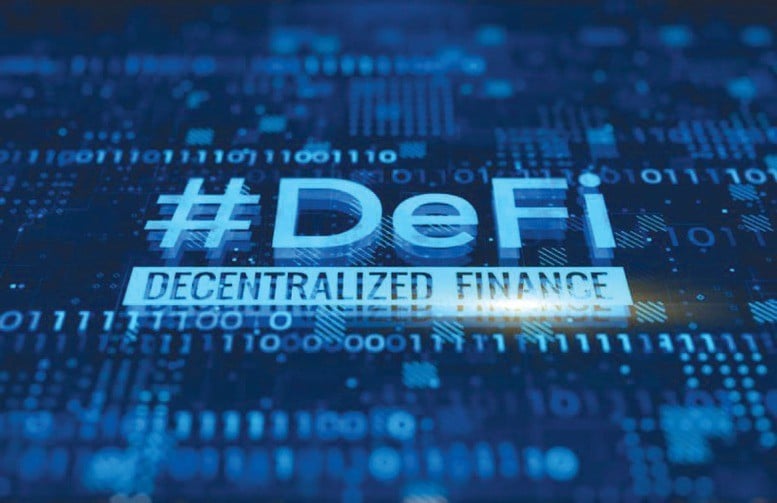
In terms of financial inclusion, DeFi (decentralized finance) is helping people in remote areas who do not have access to banks to borrow, save, invest and insure via mobile phones. In Africa, more than 30% of the population has access to finance thanks to DeFi. Vietnam, with about 30% of its population not having a bank account, can fully utilize crypto assets to expand financial services to everyone, if deployed properly and with control.
Even culture and art are entering the digital asset era. With NFT, Vietnamese artists can sell paintings, music, and videos on the global market with clearly established ownership and no duplication. This is a way to protect intellectual property, increase income for creators, and spread Vietnamese culture globally.
Equally important, public assets such as land, forests, infrastructure, etc. can be completely encrypted for transparent management, division of rights, automatic auctions, and mobilization of socialized capital. Estonia, Dubai, and South Korea have taken the lead in this. If Vietnam is slow, it will continue to face obstacles in attracting investment, loss of public assets, and waste of national resources.
Crypto assets are an indispensable foundation for the digital economy. They help establish transparent ownership, enable fair value distribution, and usher in the era of smart assets. Without them, the digital economy is just an empty shell. And if delayed, Vietnam will not only miss out on development opportunities, but also miss out on the ability to establish sovereignty in a world that is gradually moving towards the digital space.
Experimentation is necessary to get to the right destination
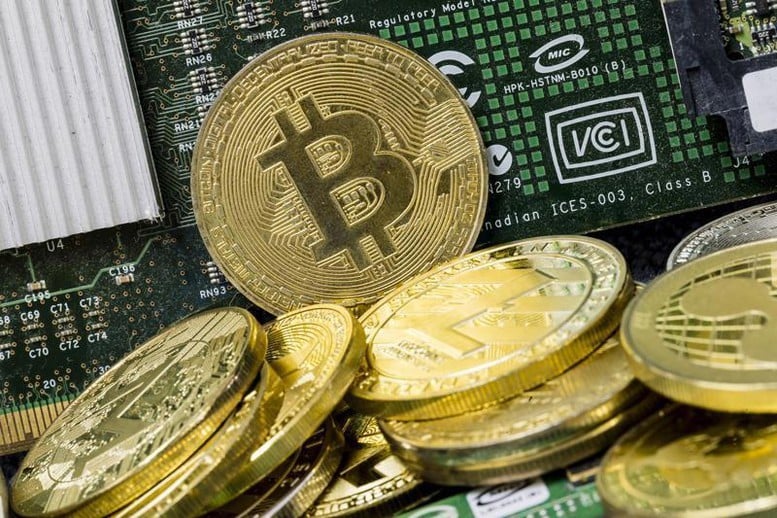
In the context of the world adjusting institutions to proactively and effectively manage crypto assets, Vietnam's choice of a "controlled pilot" approach is a correct and wise move. Piloting is the bridge between the legal gap and the desire for innovation. It is a flexible, practice-based governance method that observes, adjusts, and gradually perfects the institution. More importantly, if we do not pilot, we are letting millions of Vietnamese people participate in the crypto asset market without any protection from national law.
According to a survey by Statista (Statista is a platform global market information and data) By 2023, Vietnam will rank second in the world in terms of the percentage of its population owning cryptocurrencies, with about 20.5% of adults having traded in this type of asset. A report from Chainalysis, a leading company on blockchain analysis, Vietnam has also repeatedly ranked among the global leaders in terms of crypto popularity, especially in retail investment activities, peer-to-peer (P2P) transactions, and decentralized finance (DeFi).
If we consider crypto assets as an existing asset class with a scale of billions of dollars, then the delay in establishing a pilot mechanism will not only cause us to miss out on development opportunities, but also mean abandoning our responsibility to protect digital citizens. On the contrary, pilot implementation will help the State accurately identify risks based on real data, instead of relying on assumptions. This is also an opportunity to establish clear legal and technical standards for each type of token - which is a financial asset, which is a utility, which is disguised speculation. On that basis, the mechanism for transaction monitoring, anti-money laundering, declaration and tax collection will also be built more firmly, while contributing to strengthening market confidence and creating a foundation for Vietnamese businesses to enter the digital asset sector in a legitimate, transparent and standardized manner.
International practice shows that no country starts regulating crypto assets with a complete set of laws. Singapore, Switzerland, Japan, UAE… all started with legal sandboxes and pilot programs. They consider pilots as institutional laboratories where technology and law can interact flexibly without disrupting the general order. Vietnam, with the Government assigning the Ministry of Finance to develop a pilot resolution, is also following that path – the path of countries that know how to move slowly but surely, know how to manage to lead instead of prohibiting to fall behind.
Piloting, if implemented seriously and strategically, would be an important step from passive to proactive management, from reaction to creation. It is a middle way, flexible but decisive – not rushing to legalize everything, but also not turning away from the irreversible trend. In a world where capital, assets and ownership are shifting strongly into the digital space, slow decision-making is no longer prudent, but risky.
A constituent part of digital sovereignty
In the 21st century, national sovereignty is no longer limited to geographical borders, but is increasingly established in the digital space: whoever owns data, technology, assets and digital money flows has real control over the future of development. In this context, the crypto-asset market is an essential component of national digital sovereignty – where the State's capacity to establish ownership, manage value flows and control new financial infrastructures is demonstrated.
If we do not proactively shape and govern the crypto-asset market, that space will be taken over by transnational forces. At that time, Vietnamese people will use foreign exchanges, invest in tokens located by foreign companies, store assets in digital wallets with servers in other countries - and all of Vietnamese people's digital assets will be outside the regulation, protection and shaping of Vietnamese institutions.
The risk is not only tax loss or financial stability, but more deeply, the loss of market regulation capacity in the digital asset space, as well as weakening Vietnam's position in the new economic order.
Therefore, Vietnam's proactive construction and piloting of a crypto-asset market is not only an economic development policy - it is also a strategic act of creating digital sovereignty.
Some recommendations

However, for the Resolution to be truly effective, consistent with both integration requirements and domestic institutional characteristics, it is necessary to consider the following practical recommendations:
First, it is necessary to clearly define the scope of the pilot and classify crypto assets from the beginning. A clear distinction between different types of tokens – such as cryptocurrencies, utility tokens, security tokens, asset-backed tokens, and NFTs – will help shape the right regulatory framework, avoiding confusion and conflict in implementation. Each asset class requires its own guidance on management, accounting, taxation, and oversight.
Second, select a number of priority areas for controlled piloting. It is possible to focus on less sensitive but potential areas such as: security tokens for startups raising capital; real estate tokenization; carbon credits; or NFTs for intellectual property. Limiting the scope will help avoid widespread risks and set a good precedent for the institution.
Third, it is necessary to establish an inter-sectoral mechanism to coordinate and share data during the pilot. The crypto asset market involves many agencies such as the State Bank, the State Securities Commission, the Ministry of Information and Communications, the Ministry of Public Security, the Ministry of Justice, etc. Therefore, there needs to be a unified coordination mechanism to ensure overall risk management and data connectivity between parties.
Fourth, don't ignore the Vietnamese user and technology factors. The resolution should create conditions for domestic digital technology enterprises to participate in developing platforms, e-wallets, storage infrastructure, digital identification, data encryption, etc., thereby enhancing internal capacity and reducing dependence on foreign technology. At the same time, there should be content on popularizing knowledge for people, protecting digital consumers and building a new legal culture for digital assets.
Fifth, clearly stipulate the mechanisms for monitoring, declaring and taxing crypto assets within the pilot framework. Delaying the issuance of tax frameworks not only causes budget losses, but also makes the market develop unsustainably. However, tax rates and calculation methods need to be reasonable, with a roadmap, encouraging people to move crypto assets into the "light" instead of continuing to trade in the gray area.
Sixth, establish technical, security and custody standards. The pilot cannot be successful without ensuring system security, protecting personal data, personal wallets, and preventing asset theft. Standards for token custody, digital identification, owner authentication, etc. need to be clearly defined so that the market can operate safely and be expanded in the future.
Vietnam must keep up with the times – but with its own character
If the digital economy is the new development space of the country, then crypto assets are the new power infrastructure of that economy. Establishing and controlling the crypto asset market is a necessary condition for Vietnam to maintain digital sovereignty, unleash innovation resources and enter the era of smart assets with its own institutional capacity.
Crypto assets are an irreversible trend. But to turn that trend into a driving force for development instead of a threat, Vietnam needs a new institutional spirit: instead of being afraid of risks and prohibiting them, managing risks with understanding and initiative.
The Prime Minister's assignment of the Ministry of Finance to front over the development of a pilot resolution is an affirmation of that spirit.
Piloting the crypto-asset market is not just a matter of the technology or finance world. It is a matter of the country's future. It is a test of the State's governance capacity, the readiness of the legal system, and the mettle of a country entering the global game with completely new rules.
We cannot follow behind and be led. Vietnam needs to go ahead, experiment to understand, understand to govern and govern to lead.
Source: https://baolangson.vn/thi-truong-tai-san-ma-hoa-thi-diem-de-khai-mo-tuong-lai-5052525.html








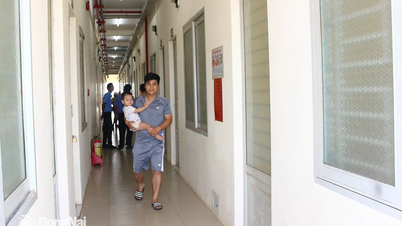

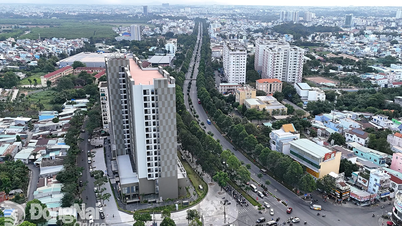











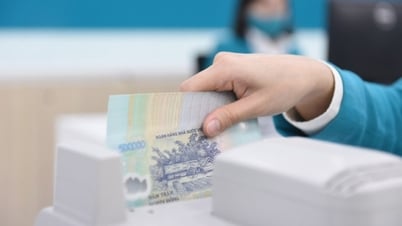
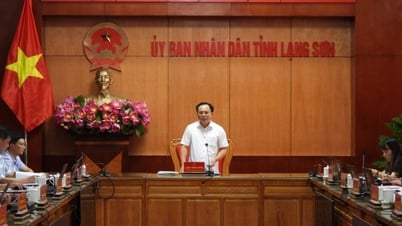
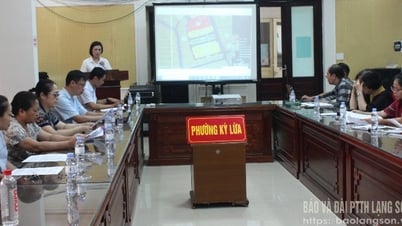


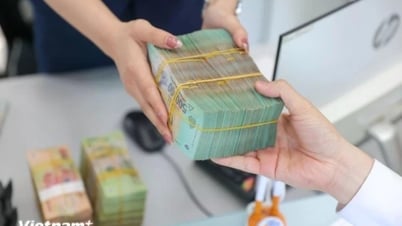





































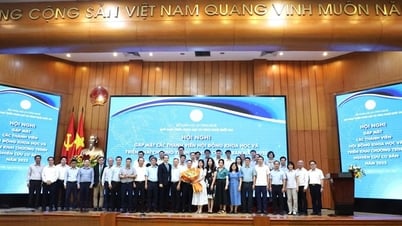



























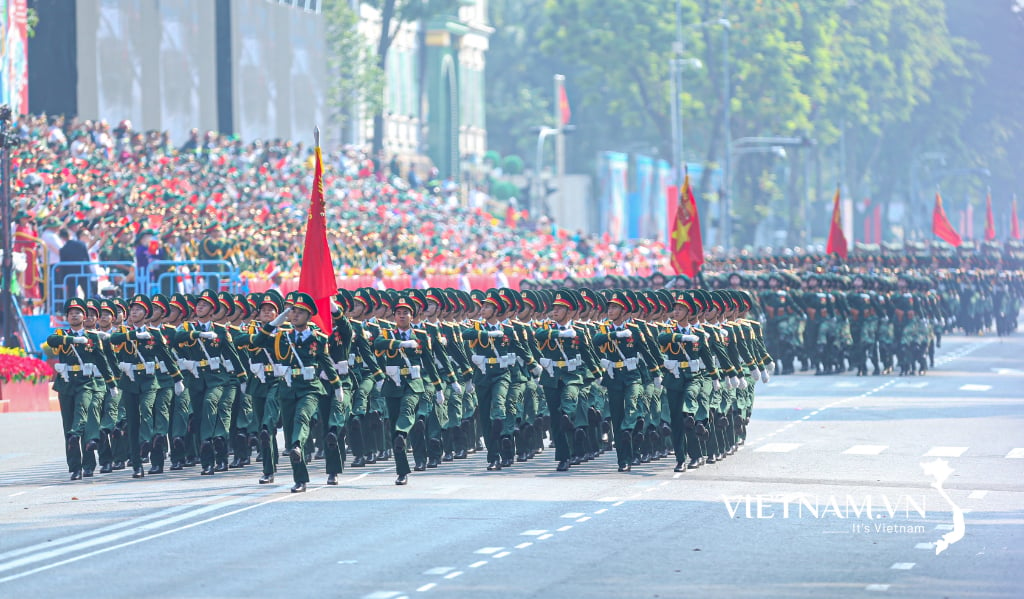

Comment (0)